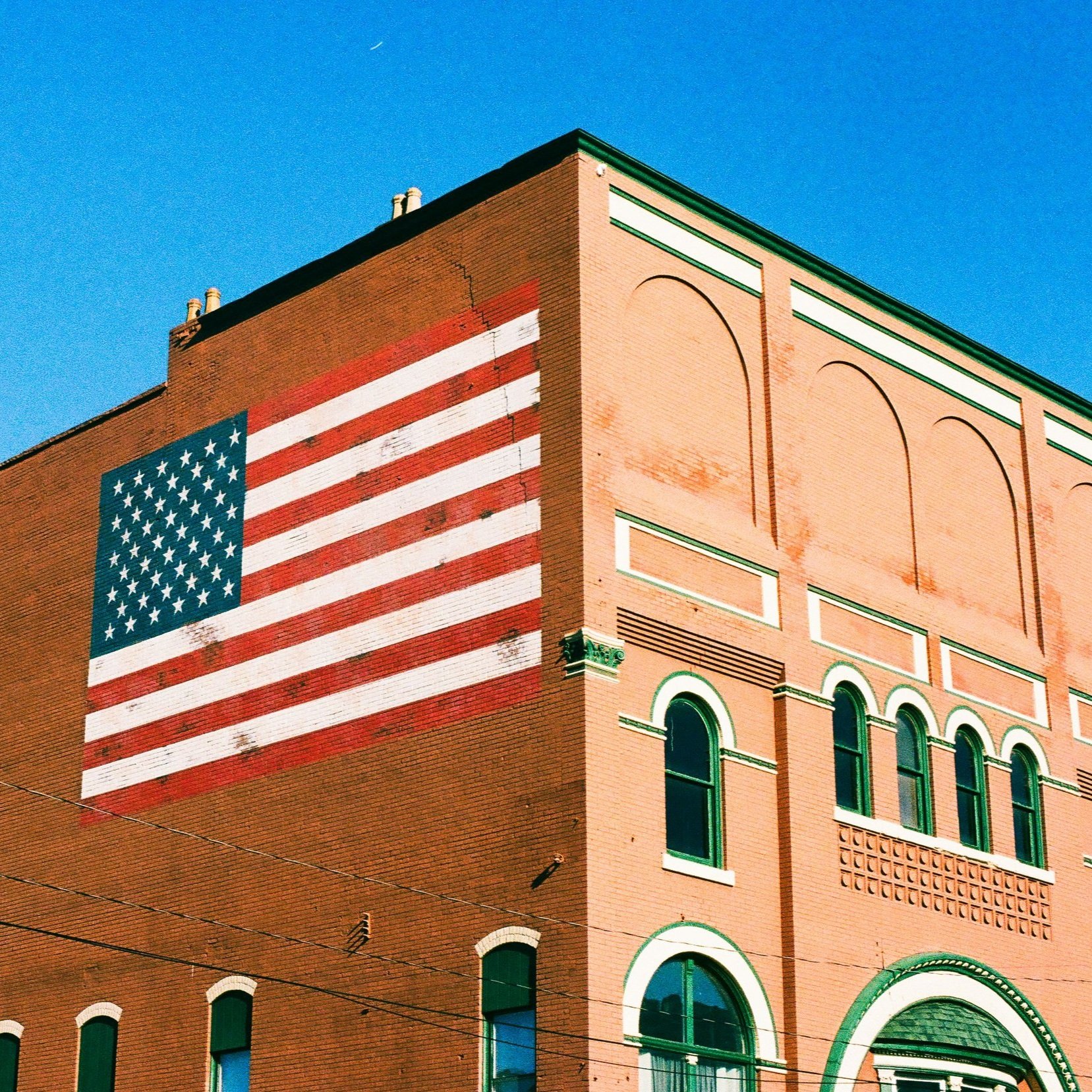Military Appreciation Month: Beyond the Hashtag
Photo: Sydney Moore
As we move from April, the Month of the Military Child, into May – National Military Appreciation Month - it feels like a good time to reflect on military families who face unique challenges. It’s not just about the weight of deployments or the strain of constant moves. It’s about the long-term emotional, psychological, and financial tolls that are often invisible to the wider public.
I’ve spent much of my career working with and alongside these families - from my time at Hope for the Warriors to serving on the Community Veterans Engagement Board (CVEB) for Metro New York. Through roles with Blue Star Families and Frontline Arts, and relationships with military and veteran neighbors, I’ve seen just how complex this space can be. It’s not about romanticizing service or sacrifice. It’s about acknowledging the very real gaps these families face - and the work being done to close them.
The need for support has never been greater. With funding for military- and veteran-related services being slashed or ended, veterans losing jobs, and ongoing global tensions, organizations that serve these communities are more critical than ever. These nonprofits provide everything from transition support and emergency financial aid to veterans to scholarships for caregivers and remote job opportunities for military spouses.
They’re not just lifelines - they’re often the ones piecing - and holding - together so much for families when policy and systems fall short. At Frontline Arts, for example, I’ve seen how art can serve as both therapy and a bridge to understanding, providing veterans with an outlet to express themselves in ways that words sometimes can’t.
But it’s not just about giving to these organizations - it’s about understanding that these services are crucial to our collective well-being, and a collective willingness (and attempt) to close the civilian-military divide. We may not all serve in the military, but the well-being of military families and veterans impacts us all. Many Americans don’t realize that people are actively deployed in dangerous environments around the world. Others have never met someone who’s served. That disconnect can lead to apathy at best and unhelpful assumptions at worst.
This May, as we recognize military families, I invite you to go beyond the gestures and hashtags. Learn about organizations doing the work and listen to those living these experiences. If there’s one thing I’ve learned over the years, it’s that communities are strongest when we come together.
As a communications professional, I’m proud to help amplify the community’s messages and support their work, and am committed to helping bridge the gaps.

